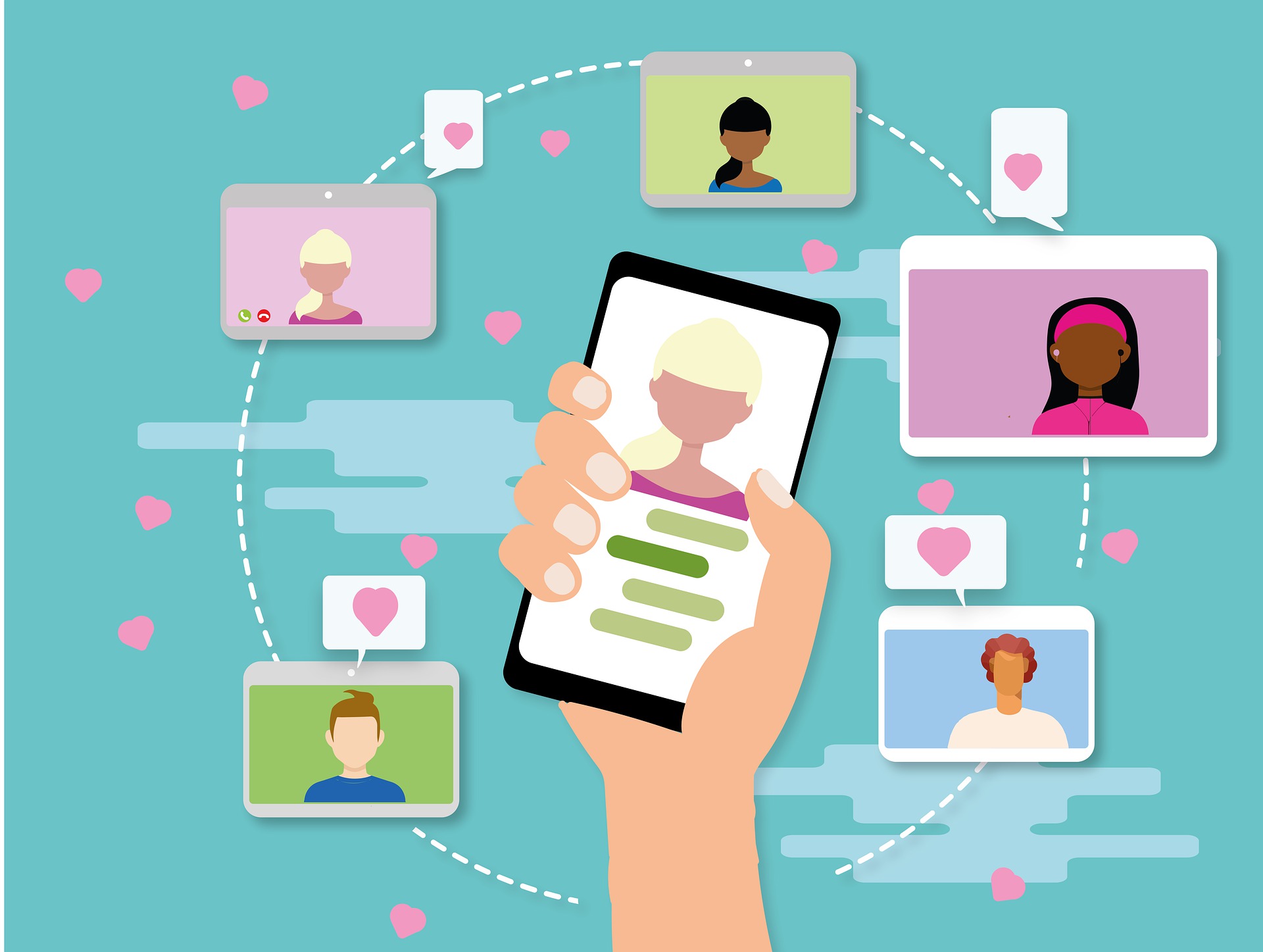The Unseen Power of Empathy: Changing the Landscape of Human Interaction
In a world driven by technology, connections, and fast-paced changes, one aspect of human interaction remains inarguably significant – empathy. Often overlooked and undervalued, empathy holds an unseen power that is subtly reshaping our society. It is the ability to step into another's shoes, to understand and share their feelings, and it is a vital part of being human. Read below to explore the vital role of empathy in our society, its historical context, current trends, and the implications it holds for our collective future.

The Origins and Evolution of Empathy
The concept of empathy is not new. The term comes from the Greek word “empatheia,” meaning ‘passion.’ Over the centuries, empathy has played a significant role in human societies, driving cooperation, fostering understanding, and promoting peaceful coexistence. In the 20th century, the term gained significant attention in the field of psychology, becoming a focal point for understanding human emotion and interaction.
Empathy in Modern Society: A Growing Need
In today’s globalized world, where cultures and societies intersect like never before, empathy is more crucial than ever. It encourages open-mindedness, fosters tolerance and acceptance, and can bridge cultural and societal divides. It is also key to addressing many of our modern societal challenges, from mental health to social justice issues. An increasing body of research suggests that empathy can be nurtured and taught, leading to a growing emphasis in areas like education and leadership.
The Empathy Movement: Implications and Significance
The growing recognition of empathy’s value has spurred what can be termed an ‘empathy movement.’ This trend, though subtle, is increasingly influencing various sectors. In education, for instance, fostering empathy has become a part of many curriculums, helping to develop emotionally intelligent future leaders. In the business world, empathetic leaders are shown to foster more innovative, collaborative, and productive teams.
The Sociological Insights: Research-Backed Arguments
Research has shown that humans are naturally empathetic. A groundbreaking study by the Max Planck Institute revealed that human brains contain ‘mirror neurons,’ which allow us to experience and understand others’ emotions. Other research suggests that empathy can reduce prejudice, foster social cohesion, and even improve mental health. These insights underline the profound sociological implications empathy holds.
The Future of Empathy: Shaping a More Compassionate Society
As we look ahead, the role of empathy in our society is set to grow even more prominent. In an increasingly interconnected world, fostering empathy can help us build stronger, more inclusive societies. It can also be a powerful tool for addressing pressing global issues, from conflict resolution to environmental stewardship.
In conclusion, the unseen power of empathy is quietly reshaping our societal landscape. By understanding and valuing this often-overlooked aspect of human interaction, we can harness its potential to create positive societal change.





